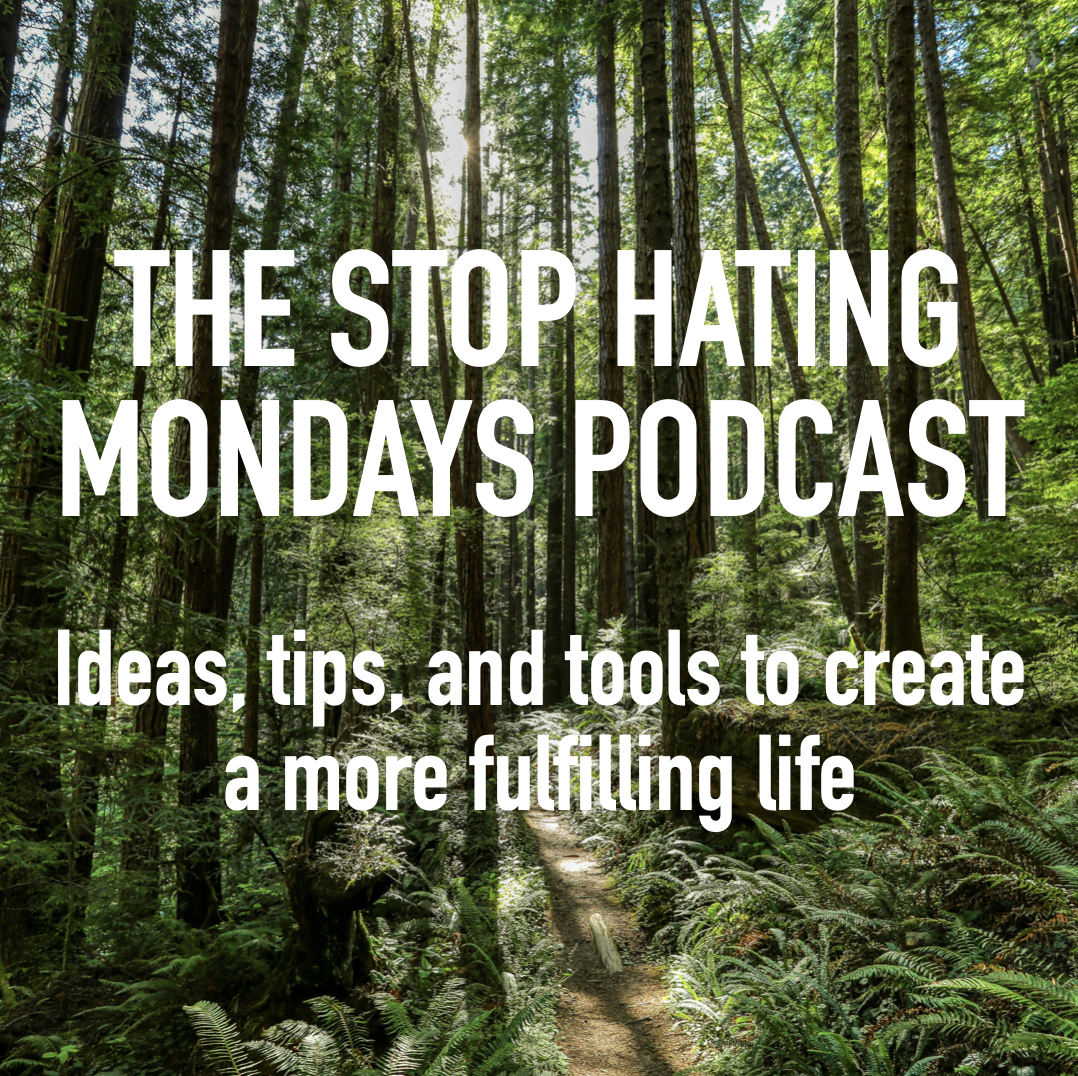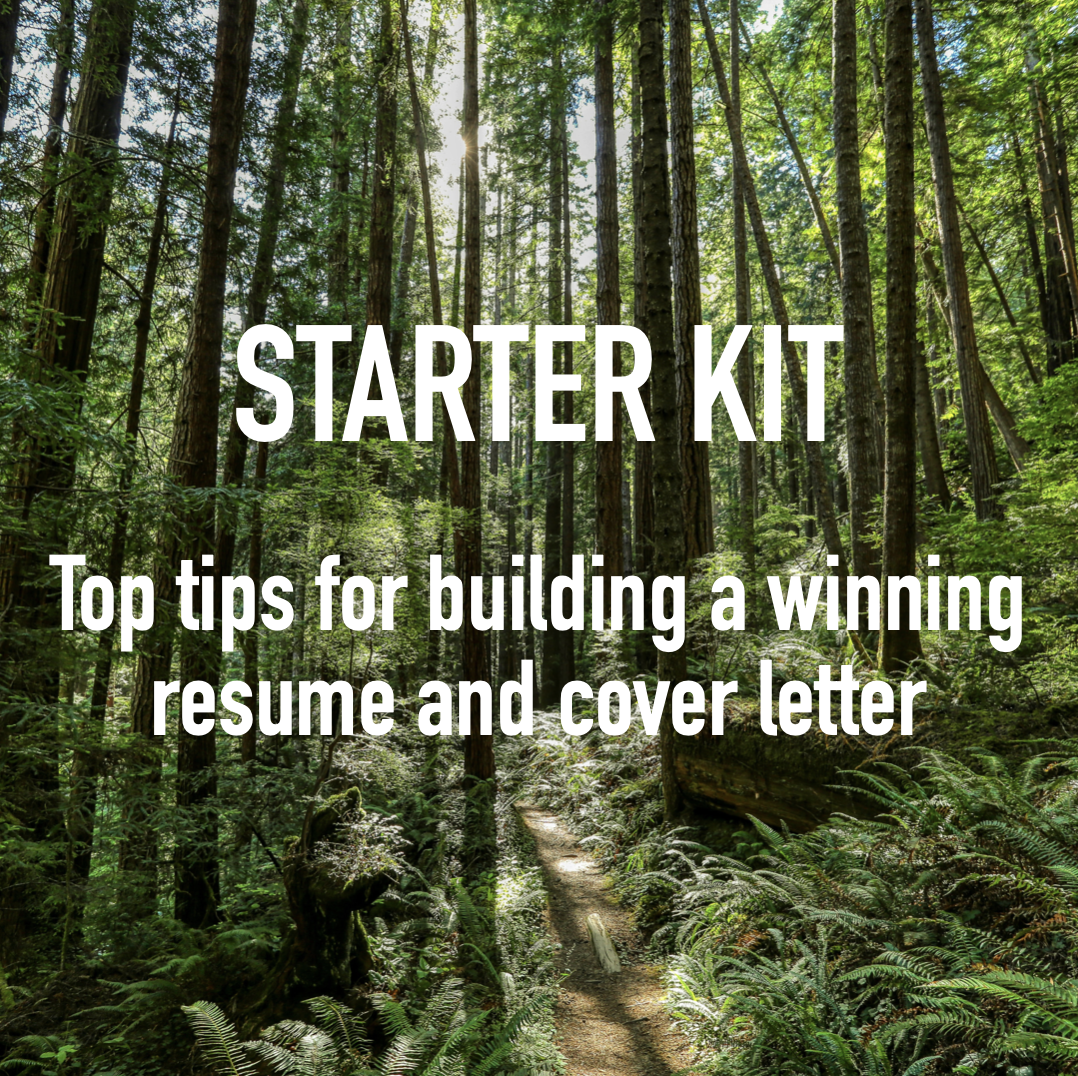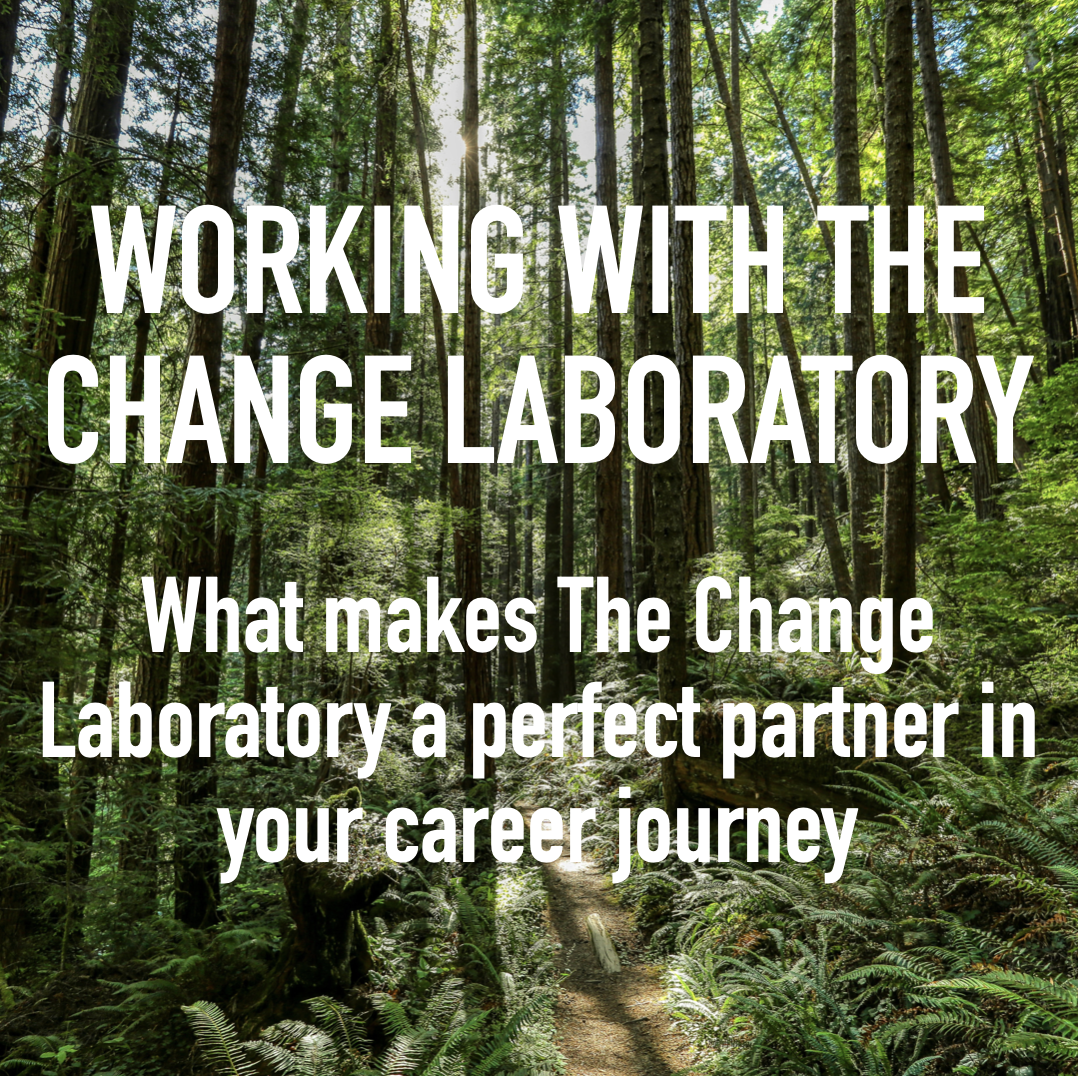What Are The Practical Benefits Of Self-Knowledge?
Kent R.
In the last episode of the Stop Hating Mondays Podcast, we touched on something that struck a chord with several listeners – the idea that not everyone intuitively understands why self-knowledge is important.
We get it.
This is one of those topics that is often covered as if everyone just naturally gets why it matters. And the truth is, that's just not the case. So on this episode of the Stop Hating Mondays Podcast, we're continuing to talk about some of the more practical aspects of self-knowledge.
Subscribe to the Stop Hating Mondays Podcast on Apple Podcasts, Spotify, Google Podcasts, Stitcher, Amazon Music, or Overcast.
TRANSCRIPT
Caanan
In the last episode of the Stop Hating Mondays Podcast, we touched on something that struck a chord with several listeners – the idea that not everyone intuitively understands why self-knowledge is important.
We get it.
This is one of those topics that is often covered as if everyone just naturally gets why it matters. And the truth is, that's just not the case. So on this episode of the Stop Hating Mondays Podcast, let's continue to talk about some of the more practical aspects of self-knowledge.
Caanan
When it comes to personal development, we don't think there are any stupid quests. We do our best to create a judgment free space for listeners and clients. We want them to ask whatever they need to ask. In that spirit, I want to throw out a question we got from a recent client. I'm paraphrasing, but she said, “I understand how knowledge of strengths and values helps your personal growth, but how does self-knowledge help you in the workplace?”
Kent
Yes, would anybody think that's a stupid question by the way. I hope not.
Caanan
Well, you know this – the way this is talked about, strengths and values and the like, it's kind of thrown out there like everybody knows why they need to be doing this. And the fact is that not everybody does.
Kent
Yeah, well it's interesting because self-knowledge… I think people catch on to the idea that it helps to propel them forward and gives them clarity, but it almost seems like it could be dangerous in the workplace. You don't want to know too much or it'll drive you crazy or you don't want to know too much and be extroverted about it because people may not like what you're noticing and what you're hearing.
But what's interesting is even if you keep your self-knowledge – what we call this framework, knowing your strengths and values – even if you keep that to yourself, this very interesting thing happens. And that is it not only helps you, but it also helps you see how and why other people are behaving. Inquiring about your own motivations for doing things – your own strengths and values – causes you to recognize, “Oh wow, that person or that group is just another person or another clump of people who are all working with their own sets of strengths and values.” So it gives you great understanding in terms of just the fact that people might have other motivations, even if you don't know what those other motivations are. And another interesting thing – and I really want to get into this in an entire podcast season – and you knowing your own strengths and values, having your own framework, is really just a sliver of the bigger equation and we never really get past this because there's so many people, as we're always talking about, who have no clue what their own strengths and values are. But the real magic happens when in the workplace, as this person is asking about when, you know, what other people's strengths and values are, what their personality types are, that's when the actual magic happens.
When you not only know what you're made of, but you actually know what other people are made of, not in a way where you're guessing, but when you're part of a work group or an organization that values this kind of information and uses it so that work groups in particular work really constructively with each other – knowing their strengths, knowing their values, and then knowing how to best accomplish what they need to as a team. With that knowledge – and it's amazing how ego just starts to slip away. It's like. the more we know about ourselves, the more we get out of that weird, combative, competitive mindset that keeps us hyper focused on what other people are doing and not how we can contribute.
Caanan
Last season we touched on the hope / disappointment cycle. And that, too, seemed to strike a chord with listeners. I think a lot of people could relate to… I think that’s Olivia’s story in Stop Hating Mondays. Yeah. Anyway, will you explain again what the hope / disappointment cycle is and then go a bit deeper into how it can help you break free from that cycle.
Kent
Yes, so Olivia’s story is a really good real story from our workbook: Stop Hating Mondays. And, as it says there…
“Like so many people, when Olivia recognized that she felt unfulfilled, her impulse was simply to change something. So she would try something new. For a while, that something new would hold the promise of fulfillment. But inevitably the doubt and sense of being off purpose would come back and she would repeat the cycle.”
So this is what we talk about with hope / disappointment cycle. That’s how most people go through their personal life, their relationships, their work life. You’re just sort of grasping at things.
Caanan
It’s the roller coaster.
Kent
The roller coaster.
Caanan
I’m happy. Now I’m not. I’m going to change something. Now I’m happy I changed something. Until I’m not again.
Kent
What’s great about this framework that we talk about again when you are seeing things through the lens of this framework – the meaning I gained from having done self-inquiry – then you know how things hit, and they definitely hit differently because you can say, “why is it that that’s sounding interesting?” And when you run it through your strengths and values filter you can say, “Oh, it sounds interesting because I’m jealous of what that person is doing because it has nothing to do with my own strengths and values!” Conversely, you can realize, “ah, well, of course this is intriguing to me, because this really strikes upon my strengths and my values, so I can kind of pursue something in this realm that I’m thinking I’m interested in that I’m hopeful about.” And if it’s aligned with your strengths and values, then boom, there won’t be a disappointment afterwards because it’s grounded in something other than a hunch.
Most of the time a hunch is going to be externally driven in a negative way, but I do want to say that sometimes hunches are hints of an underlying strength or value alignment. But why put it to chance? Figure out what your strengths and values are, and then you’ll know if those hunches – those impulses are real and grounded, or if they’re just frivolous and, like Olivia, going to ultimately send you right back to disappointment.
Caanan
Back to that point you made about understanding other people's perspectives. I'm thinking about a recent client who thought a coworker was a bully and who liked to pick fights but actually came to find out that they were misperceiving this coworker's intentions. Will you talk just a little bit about that situation.
Kent
Yeah, it's funny. All the types that we work with – and there's a number of them – have potential success blockers. And one of the personality types has a success blocker that is basically… they can be a bully. So when you have this self-knowledge, not only about your own type but what other people are made of – in your personal life, in your professional life – you can recognize like, “wow, wow, this person isn't really a bully. I mean, it's how they're fronting to me, but this comes from a type of person who is combative, who likes to question the norm…” who wants to, you know, make sure you're on your feet by inquiring about why you're asserting what you're asserting. So they can come off very much like a bully. But, of course, their motivation is somebody who's interested in getting to the best idea possible and making sure that people have done their homework and are bringing the receipts for what they're suggesting. That's how their motivation is viewed as a strength. But this self-knowledge helps you to understand that not only are there bullies out there, but you also have a success blocker that you have to be aware of. You actually have a few, but most personalities have one major one that you have to be very careful to manage as well.
Caanan
So in the case of the person who comes off as a bully… If that person does the work to understand they're strengths and values – to gain that self-knowledge – they would know that their strengths could be misperceived as bully. And then they could work to mitigate that when they're having conversations with people who don't share their, you know, unique personality type.
Kent
Yeah, 100%. Funny here, you know, winding up this episode – and as is the case of every episode, I'm frantically taking notes, like “oh, we need to do a whole episode on that.” Uh, yet another thing. And we've brought this up before in podcasts, but we really do need to do a full season on it; your greatest strength – and let's remember most people don't even know what their greatest strength is outside of maybe what they think in their own head it is, but you know you're biased, so be very leery of that – used to an extreme it can be a big weakness. So that's kind of on a continuum that a personality type’s most prevalent weakness can be born of completely unbounded use of a strength. Or a group of strengths. So it's very interesting how that works when. And you've seen it a million times when somebody's strength becomes a weakness.
That person who's so great at making plans and rallying the troops and getting people together and in order. And then there's those times when you're like, “whoa, this is turned into full on controlling.” And it starts to go from feeling great, warm, and helpful to feeling cold and manipulative and overbearing, so yeah, another fun thing about this self-discovery is you learn about these shadow sides not only in yourself, but in other people and it just gives you more to understand and work on about yourself and gives you more grace in how you deal with other people.



